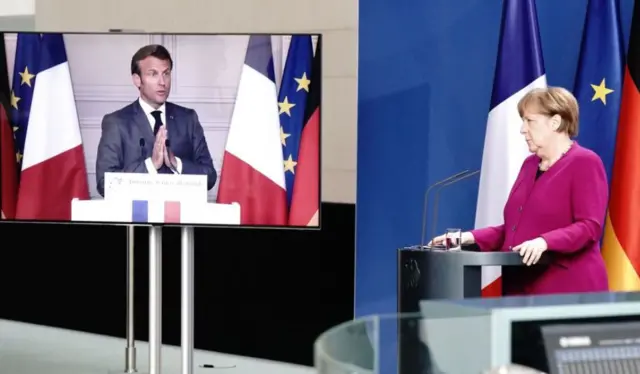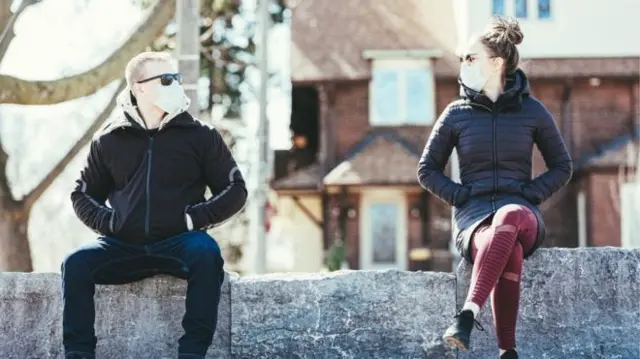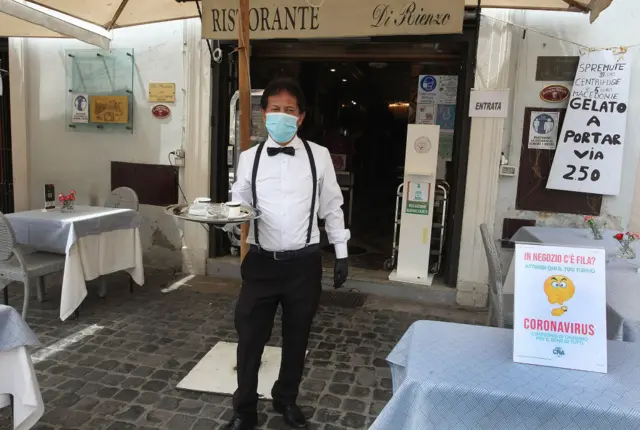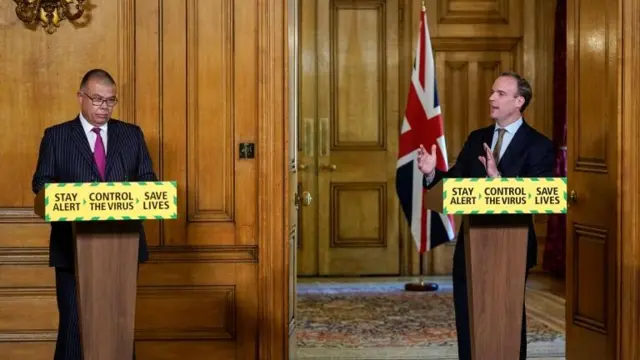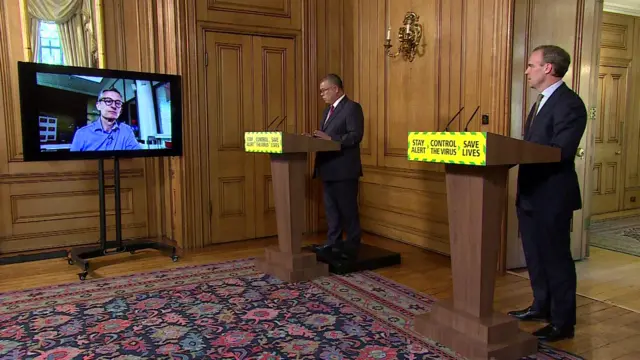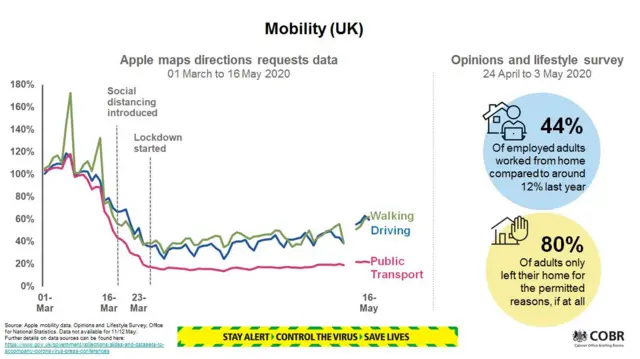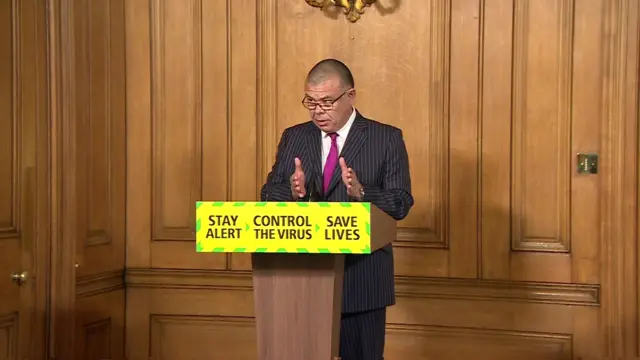Six thousand jobs at risk at Cafe Rouge and Bella Italia ownerpublished at 18:58 BST 18 May 2020
 Image source, Getty Images
Image source, Getty ImagesThe owner of one of the UK's biggest restaurant chains has filed an intent to appoint administrators at the High Court.
Casual Dining Group, whose brands include Cafe Rouge, Bella Italia and Las Iguanas, said the move would give it 10 days' breathing space to consider "all options" for restructuring.
Casual Dining Group employs around 6,000 people.
Restaurants have been hit hard after shutting their doors in March as part of Britain's virus lockdown.




